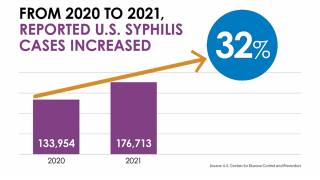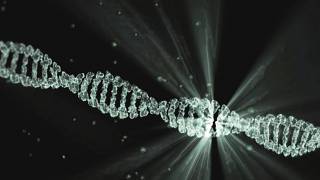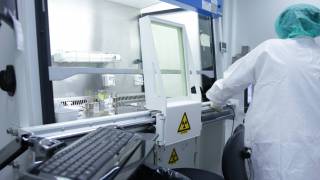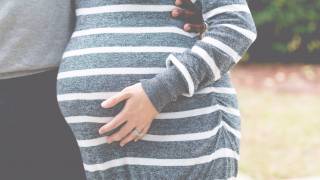Mosaic-Based Vaccine Candidate Against HIV-1 Showed Positive Results
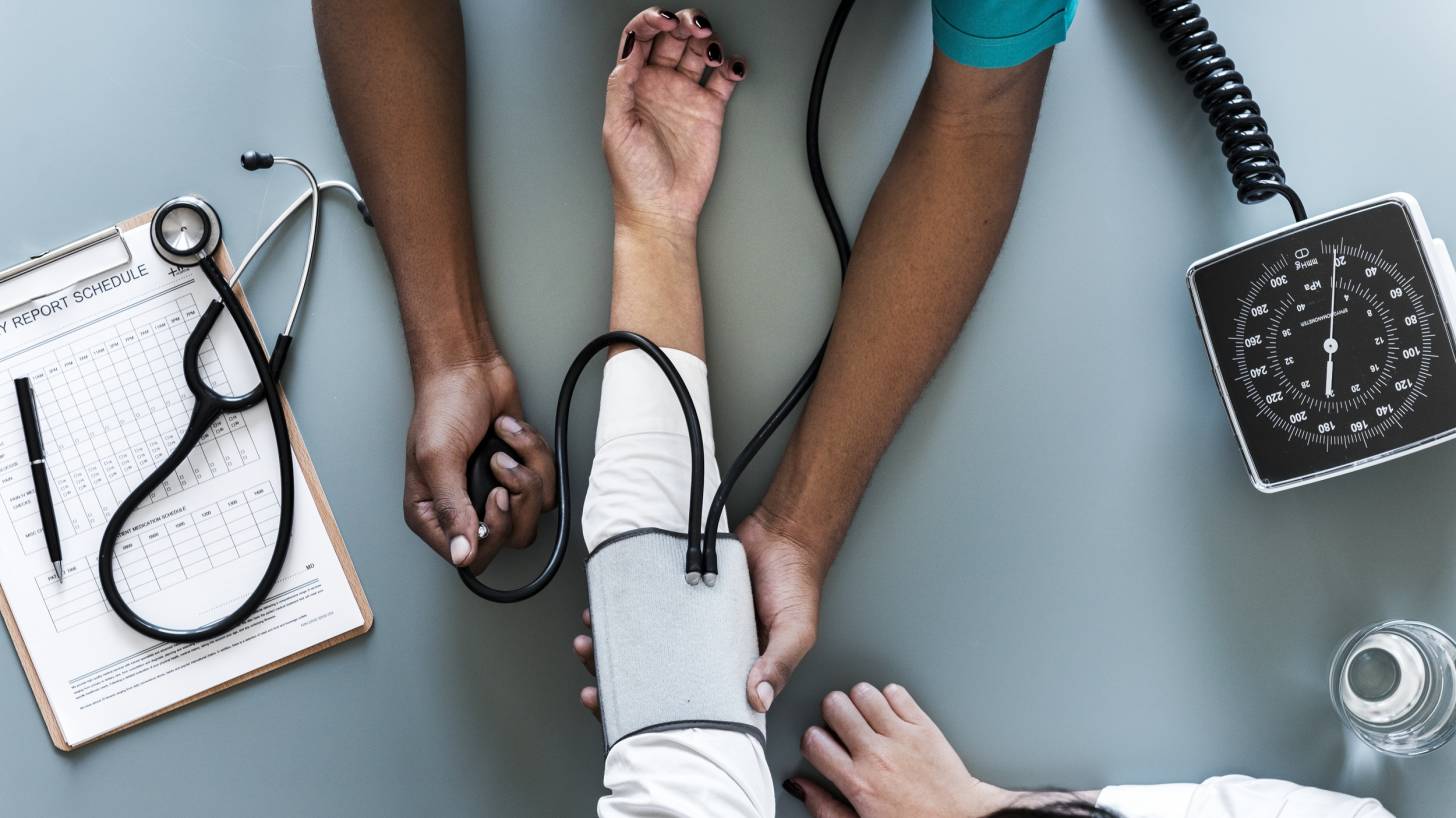
Due to the unique properties of the Human Immunodeficiency Virus (HIV), including its global genetic diversity, developing an effective vaccine is highly challenging.
But, there is some good news.
Janssen Pharmaceutical Companies of Johnson & Johnson today announced the first long-term immune response data for an investigational mosaic-based preventive vaccine regimen against HIV-1 infection
Janssen’s investigational mosaic-based vaccine regimen is designed as a ‘global vaccine’ with the aim to prevent infections due to a wide range of HIV-1 strains that are responsible for the pandemic.
There are two main types of HIV, which are HIV-1 (the most common) and HIV-2 (relatively less infectious).
This vaccine regimen contains mosaic immunogens, molecules capable of inducing an immune response, that have been created using genes from a variety of viral subtypes.
By first priming and then boosting the immune system using different vaccine components, the goal of this small, Phase 1/2a study is to produce a strong and long-lasting immune response to HIV.
These heterologous vaccine regimens contain two prime doses (weeks 0 and 12) of the trivalent viral vectored mosaic vaccine Ad26.Mos.HIV, utilizing Janssen’s AdVac® technology based on adenovirus serotype 26 (Ad26).
The prime doses are followed by two boosts (weeks 24 and 48) of either Ad26.Mos.HIV, MVA-Mosaic and/or different doses of a soluble protein Clade C gp140 adjuvanted with aluminum phosphate.
In the early-stage, limited APPROACH study, a robust HIV antibody response was maintained in all healthy volunteers who received the lead vaccine regimen at 96 weeks, one year after the last vaccination.
Additionally, all regimens maintained robust humoral and cellular HIV-1 immune responses elicited by vaccination. The most immunogenic regimen comprised mosaic Ad26 as the prime and Ad26+gp140 (high dose) as the boost.
“Although we are still at an early stage of the development process, we are making important progress,” said Johan Van Hoof, M.D., Global Therapeutic Area Head, Infectious Diseases & Vaccines, and Managing Director, Janssen Vaccines and Prevention B.V.
“These data demonstrate the durability of immune responses elicited by the mosaic-based vaccine regimen.”
Based on results from APPROACH and other early-stage studies, Janssen and its global partners initiated the first efficacy study for a mosaic-based vaccine regimen.
This Phase 2b trial, HVTN 705/HPX2008: IMBOKODO, aims to enroll 2,600 young women aged 18-35 that would benefit greatly from new HIV preventive measures. Results from the IMBOKODO study are expected in 2021.
Janssen’s partners on the APPROACH study included Beth Israel Deaconess Medical Center (BIDMC) at Harvard Medical School; the United States Military HIV Research Program (MHRP) at the Walter Reed Army Institute of Research (WRAIR), with the Henry M. Jackson Foundation for the Advancement of Military Medicine (HJF); the National Institute of Allergy and Infectious Diseases (NIAID), part of the US National Institutes of Health (NIH); the Ragon Institute of Massachusetts General Hospital, MIT and Harvard; the International AIDS Vaccine Initiative (IAVI); and the HIV Vaccine Trials Network (HVTN).
Since 2005, Janssen Vaccines & Prevention B.V. has been participating in the NIH-supported Integrated Preclinical/Clinical AIDS Vaccine Development (IPCAVD) program under grants AI066305, AI078526 and AI096040.
Visit jnj.com/HIV to learn more.
Our Trust Standards: Medical Advisory Committee
- HIV STRAINS AND TYPES
- Safety, Tolerability, and Immunogenicity Study of Homologous Ad26 Mosaic Vector Vaccine Regimens or Heterologous Ad26 Mosaic
- NIH and partners launch HIV vaccine efficacy study
- First Long-term Immune Response Data for Investigational HIV-1 Preventive Vaccine Announced by Johnson & Johnson
- A Study to Assess the Efficacy of a Heterologous Prime/Boost Vaccine Regimen of Ad26.Mos4.HIV and Aluminum Phosphate-Adjuvanted





